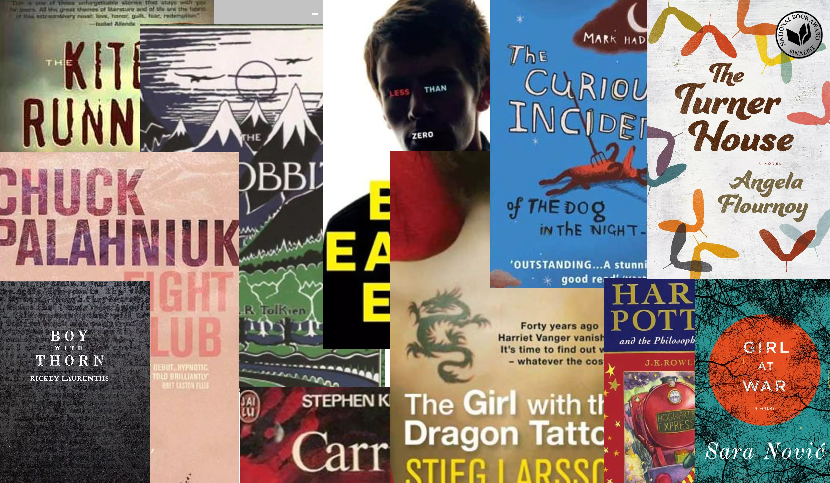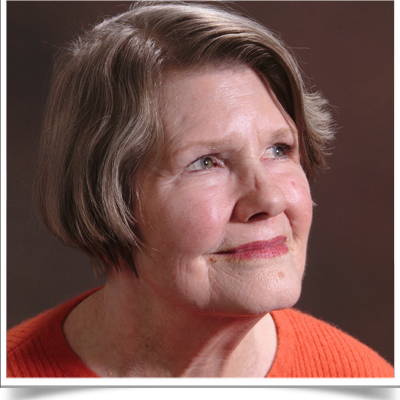[by Renni Browne]
What you might hear:
- “Acquisitions editors at major publishing houses don’t want to read first-novel submissions.”
- “Literary agents don’t want to take on unknown writers anymore.”
- “Publishers only want novelists who have a strong platform or a great track record of book sales.”
- “If by a miracle you get a first novel published, it’ll sell 500 copies to your friends and relatives.”
- “There’s no place for first novels in today’s bottom-line-oriented publishing scene.”
Would it surprise you to learn that not one of these statements is true? Although having a first novel traditionally published is almost harder than we wish it was, it happens. And there are steps you can take to dramatically improve your odds. Let’s take the received wisdom above and demythologize it.
“Acquisitions editors at major publishing houses don’t want to read first-novel submissions”
The truth is that acquisitions editors are on the lookout for talented new writers of first-rate novels—if they have wonderful plots, irresistible characters, and a smooth, captivating writing style. If publishers don’t sign up new writers today, they won’t have a supply of writers with track records tomorrow. Our clients have their manuscripts considered by publishing-house editors frequently, and some of them end up with a contract.
“Literary agents don’t want to take on unknown writers anymore.”
It’s true that many agents aren’t taking on new clients; it’s also true that many welcome exciting new talent. Whenever our work with a writer results in a publishable manuscript, we immediately try to match him or her with a good literary agent. Many of these efforts produce results, and we attribute, in part, our high rate of success in seeing the first novelists we work with get published to this agent-matchmaking support.
“Publishers only want novelists who have a strong platform or a great track record of book sales.”
Of course it’s easier to get published if you’re a proven success. But if you browse through a bookstore, you’ll find a lot of first novels (you can tell by flap copy and the absence of any other work listed before the title page). Publishers want novelists who write stories readers will love. Novels they’ll be sorry to finish and recommend to their friends. Novels that will move them.
“If by a miracle you get your first novel published, it’ll sell 500 copies to your friends and relatives.”
Not necessarily. Take a look at the bestseller lists—you’d be surprised at how often you’ll find a first novel residing there. A really terrific one will even sometimes be auctioned.
What publishers don’t want is novels that need work, which is one of the reasons we went into business 38 years ago. Most agents don’t even want to represent novels that need work. To have a chance of beating the odds in today’s fiercely competitive marketplace, you need a riveting story with irresistible characters and a smooth, professional, compelling writing style.
You want a manuscript that produces this reaction (to use our favorite quote from a senior editor at NAL who bought an initial effort by a client we’d worked with): “It’s so professional I can’t believe this is a first novel!”
The Editorial Department is pleased to offer a wide range of services for writers seeking traditional publication for first novels including, manuscript critique, developmental editing, line and copy editing, and traditional publshing support. Please contact Ross Browne at the Tucson Office for more information.







